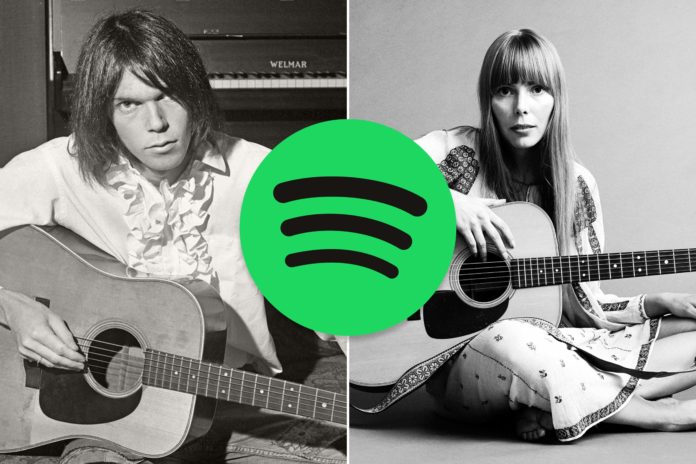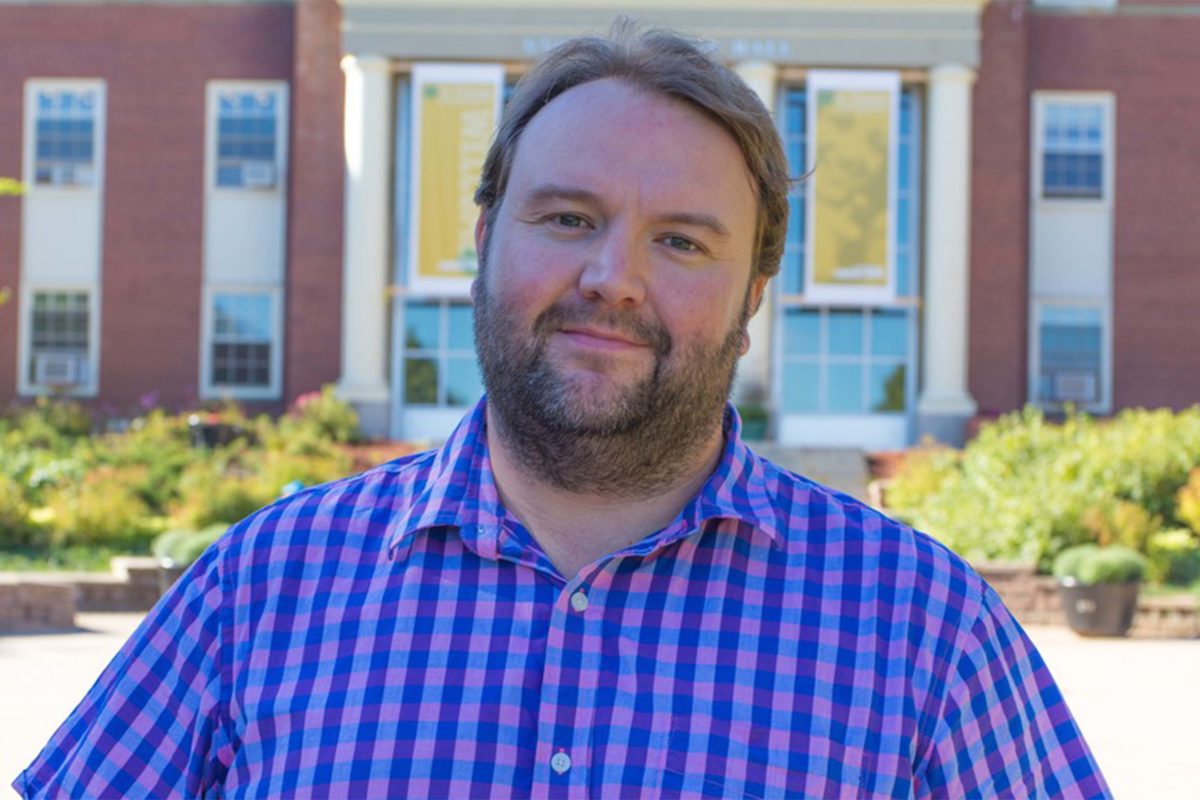
Neil Young is demanding his music be removed from Spotify and encouraging the public to split away from the platform.
The 76-year-old Canadian-American rockstar began his protest against the platform after the podcast The Joe Rogan Experience, which Spotify is the sole distributor of, spread misinformation about COVID-19 vaccines.
Young posted a since-deleted letter to his management team and record label where he said that he did not want any part of the platform when they continue to support and host someone who spread such dangerous, false information.
“I want you to let Spotify know immediately today that I want all my music off their platform. They can have Rogan or Young. Not both,” wrote Young.
Young’s concern about the false information on vaccines is validated by COVID-19 experts. In December, 270 doctors, scientists, professors and science correspondents signed an open letter asking Spotify to remove the podcast from their platform entirely, saying it has a “concerning history of broadcasting misinformation, particularly regarding the COVID-19 pandemic.”

Jamie Gillies, St. Thomas University chair of the department of journalism and communications, has a large interest in the music industry. He said while Young taking a personal stand against Spotify is admirable, with the way the platform is created, it is unlikely to affect Spotify CEO, Daniel Ek, enough to get his attention.
“I think what Neil Young probably hoped for was a groundswell of artists removing their content from Spotify and going to other platforms and that really hasn’t happened,” said Gillies. “But it has shone a huge spotlight on the challenges that platforms like Spotify have with this balance between artistic freedom and a delivery device for misinformation.”
According to Gillies, misinformation is a fairly common occurrence on social media platforms. He said due to controversial subjects being popular amongst online readers, social media algorithms often allow the most extremist content to be fronted.
“Misinformation has become a huge problem because most people no longer get their news from what would be called ‘traditionally credible sources,’” said Gillies. “As a result of that, there is no gatekeeping role for anybody [on social media] anymore and because of that, misinformation spreads like wildfire.”
Spotify made a licensing deal with The Joe Rogan Experience to be the sole distributor of the podcast in May 2020. The platform is seen by most as a place for artists to share their content, but Gillies said with situations like this, it would be more accurate to label it as a production company and that it should be held accountable.
“[Media platforms] all have a corporate responsibility to develop a set of guidelines, whether it’s ethical guidelines, whether you can separate it from news content to general content,” said Gillies. “[Spotify got] too big for their role simply as an artistic content provider.”
Gillies said he thinks part of the problem between Young and Spotify is that Spotify’s format as a streaming service is terrible for artists’ revenue and that it is near impossible to make a livable wage from platforms like Spotify unless a musician is a Top 10 performing artist.
“Everybody’s going to have an opinion on particular people and the content that they deliver through these platforms,” said Gillies. “But the more interesting argument is the long-term viability of artists and streaming platforms and that’s some of what Neil Young’s getting at.”
